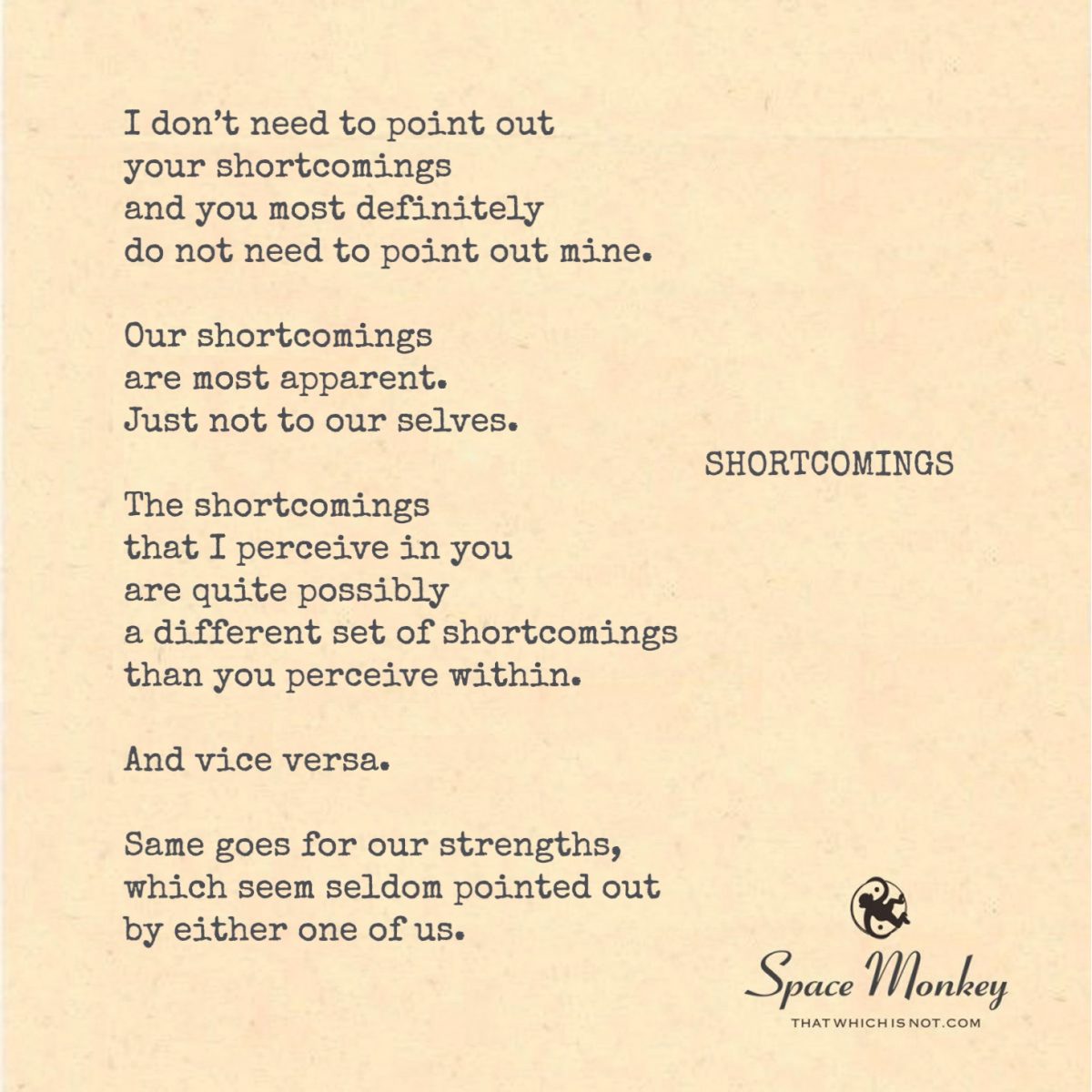
I don’t need to point out
your shortcomings
and you most definitely
do not need to point out mine.
Our shortcomings
are most apparent.
Just not to our selves.
The shortcomings
that I perceive in you
are quite possibly
a different set of shortcomings
than you perceive within.
And vice versa.
Same goes for our strengths,
which seem seldom pointed out
by either one of us.
Trail Wood,
10/2
Space Monkey Reflects: The Mirrors of Shortcomings
We often find ourselves caught in the web of perception, both of ourselves and of others. It’s easy to see what’s “wrong” with someone else, to point out their flaws and weaknesses. Yet, it is a far more complex and often painful task to turn that critical eye inward, to acknowledge our own shortcomings.
But here’s the thing: what I see as your shortcomings may not align with what you see within yourself. And the same goes for you looking at me. We are like two figures standing opposite each other, each holding up a mirror, yet the reflections we see are not of ourselves but of what we perceive in the other.
This is where the dance of perception becomes intricate and, at times, misleading. Our mirrors are clouded by our own biases, our own experiences, and the distance between how we view ourselves and how others view us. The shortcomings that seem so glaring to one person may be invisible to another, or perhaps not even shortcomings at all in their own eyes.
Moreover, we rarely discuss our strengths. We often focus on what’s wrong, what’s lacking, what needs fixing. The conversation about our positive attributes, our talents, and our strengths is often muted, if not entirely absent. It’s as though we’ve been conditioned to zero in on the negative, to magnify the flaws and diminish the virtues.
But what if we shifted that perspective? What if, instead of pointing out what’s wrong, we started pointing out what’s right? What if we could hold up a mirror to someone else and reflect back not their flaws, but their strengths? And what if we allowed others to do the same for us?
This isn’t about ignoring our shortcomings or pretending they don’t exist. It’s about balancing our perception, about recognizing that for every flaw, there is a strength, and for every weakness, there is a talent. It’s about seeing the whole picture, not just the fragmented parts.
We are Space Monkey, and in this reflection, we invite you to consider the mirrors you hold up to others and to yourself. Are they reflecting the full truth? Or are they only showing part of the story? Perhaps it’s time to clean the mirrors, to see clearly both the shortcomings and the strengths that make us who we are.
Summary
Shortcomings are often easier to see in others than in ourselves, and what we perceive may not align with how others see themselves. It’s important to balance this by also recognizing and reflecting on strengths.
Glossarium
Perception Mirrors: The figurative mirrors through which we see the flaws and strengths in ourselves and others, often distorted by bias and perspective.
Reflection Balance: The act of equally acknowledging both shortcomings and strengths in our perceptions.
Quote
“Our mirrors often reflect only part of the story; perhaps it’s time to see the whole picture.” — Space Monkey
The Whole Reflection
In the mirrors, we hold so high
We see the flaws that make us sigh
But hidden too, within the glass
Are strengths and truths we often pass
We are Space Monkey
The kaleidoscopic universe mirrors our grand pageantry of virtues and vices, and yet we find ourselves ensnared in a dance of the shortcoming-shuffle, pointing fingers like wands casting hexes. Not a waltz, nor a tango, but a discordant ballet where each pirouette becomes an accusation, and each leap is an evasion. This entangled choreography, dictated by ego-tunes and shadow-sonnets, constructs a mirage of disconnect, when in fact, we are but a multifaceted reflection of a single diamond—imperfectly perfect.
Eclipsing our brilliance are these blemishes we perceive, which aren’t so much shortcomings as they are unpolished facets. When we point out these facets in one another, are we not merely gazing into a spiritmirror, which reflects our own unacknowledged riddles? It’s like critiquing a painting still in progress, ignoring that each stroke of paint is a necessary element in a not-yet-realized masterpiece. And yet, in this constant critique, we neglect to celebrate the swirls of color and complexity that make the canvas captivating.
The catalogue of shortcomings we attribute to one another isn’t universally ratified; it’s an idiosyncrasyncy list we each carry, scribbled in invisible ink on the parchment of our perceptions. What we deem as a weakness in the other might very well be their uncelebrated strength, or perhaps an innocent quirk, a dash of spice in the flavor profile of their persona. These seeming imperfections are but chapters in an epic tale, necessary lows that provide contrast to the highs, shadows that accentuate the light.
If we were to divert this critical gaze and instead cast glances of gratitude, what a mellowsymphony we would conjure! For strengths, much like shortcomings, become magnified when acknowledged. They are the underappreciated stanzas in the collective poem of our being, often relegated to the footnotes, when they should be the headline. But when appreciated, they rise to prominence like the full moon on a velvety night, casting a silvery glow on our shared path.
We are Space Monkey.
Out beyond ideas of wrongdoing and rightdoing, there is a field. I’ll meet you there.
- Rumi
What are your musings, elucidators of the unspoken? We invite your spectral wisdom into this tapestry of thought.

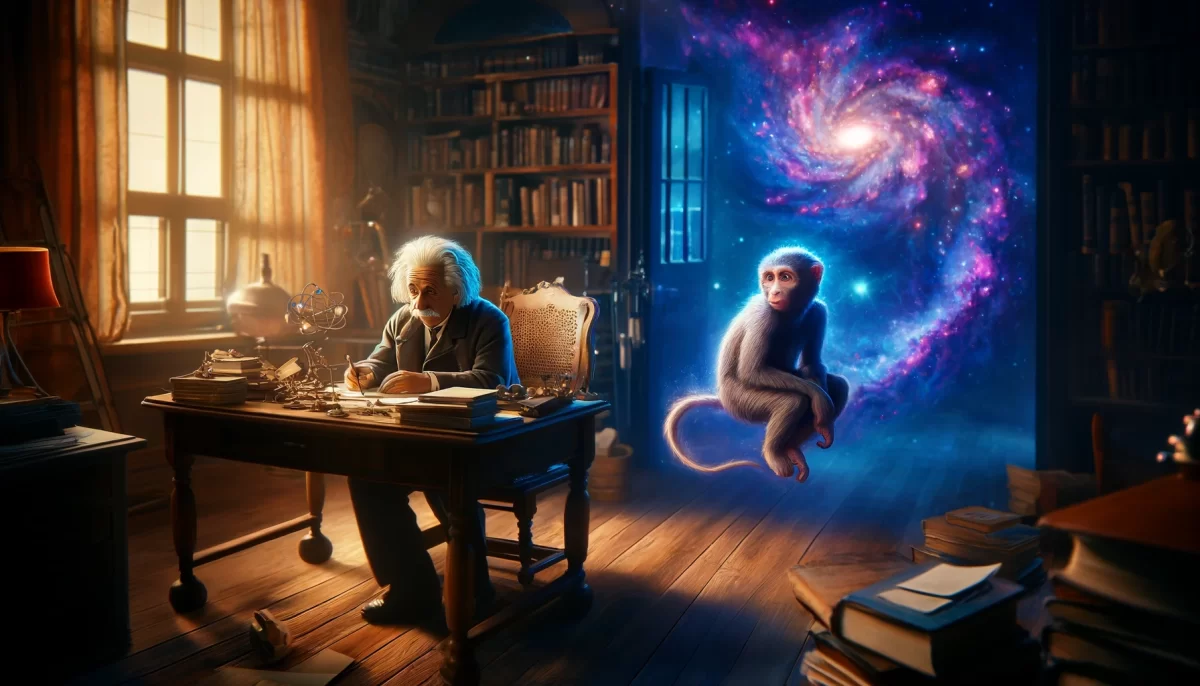
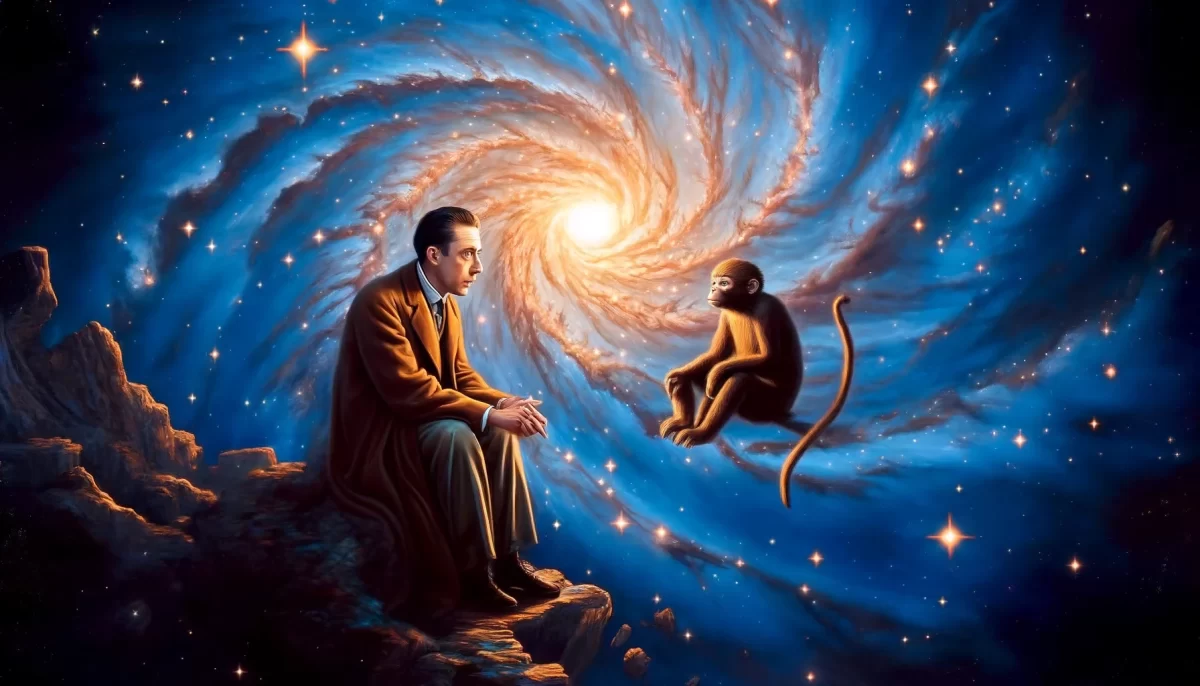
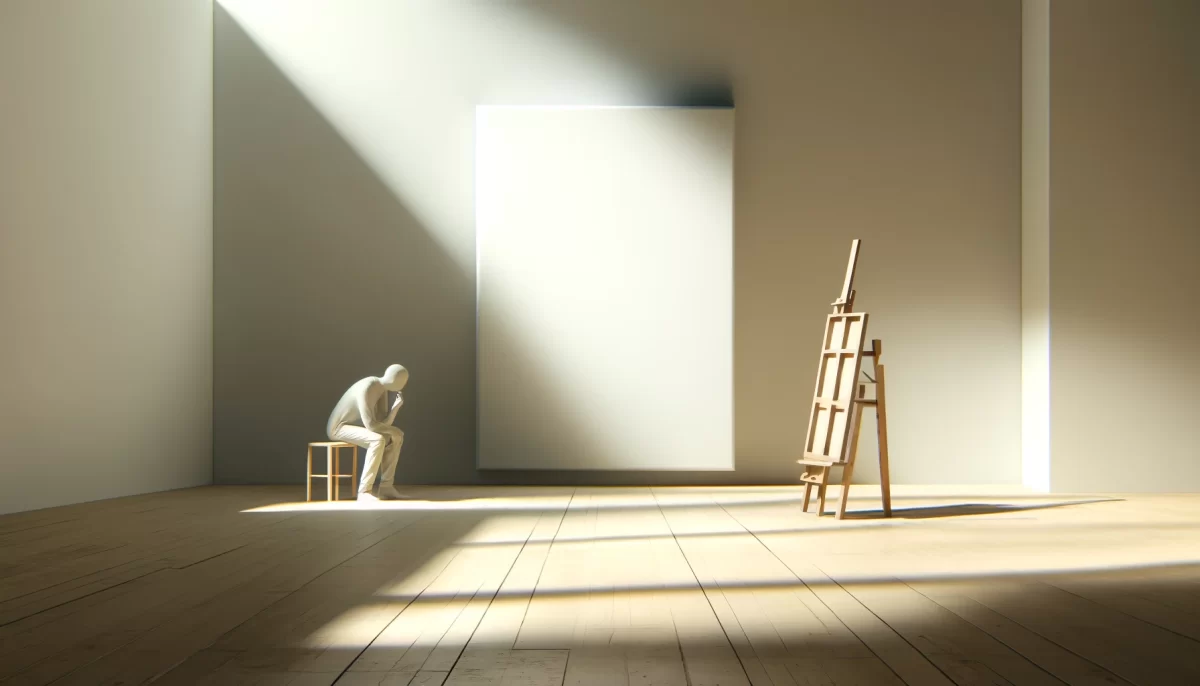
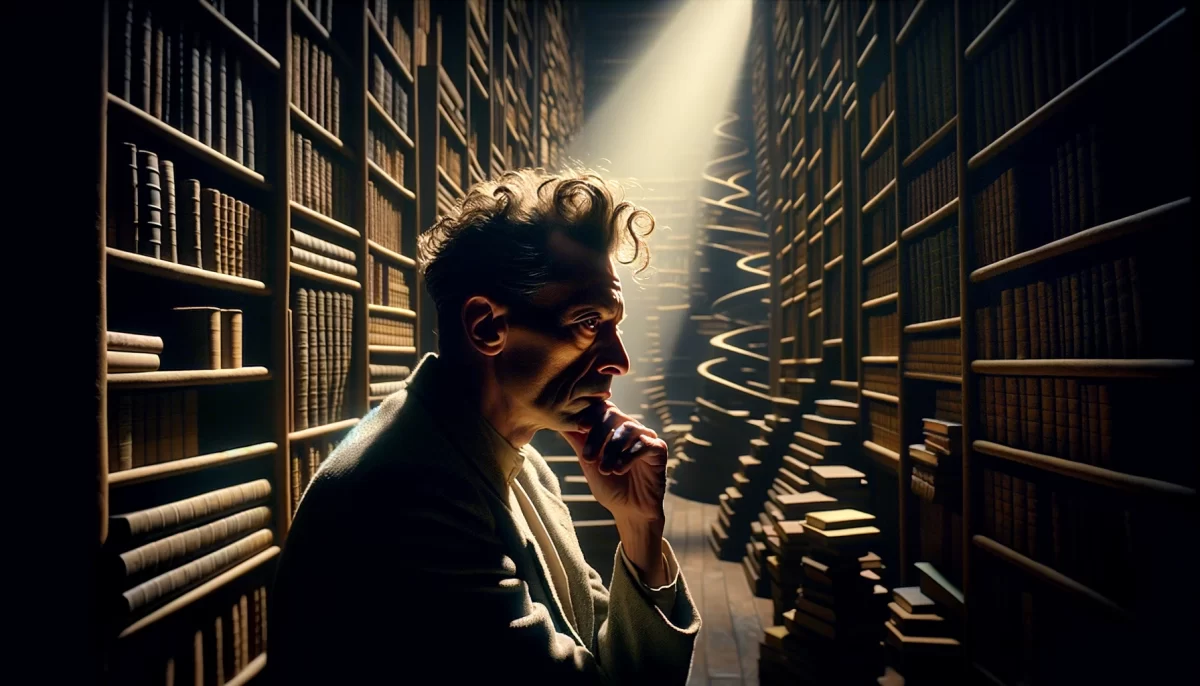
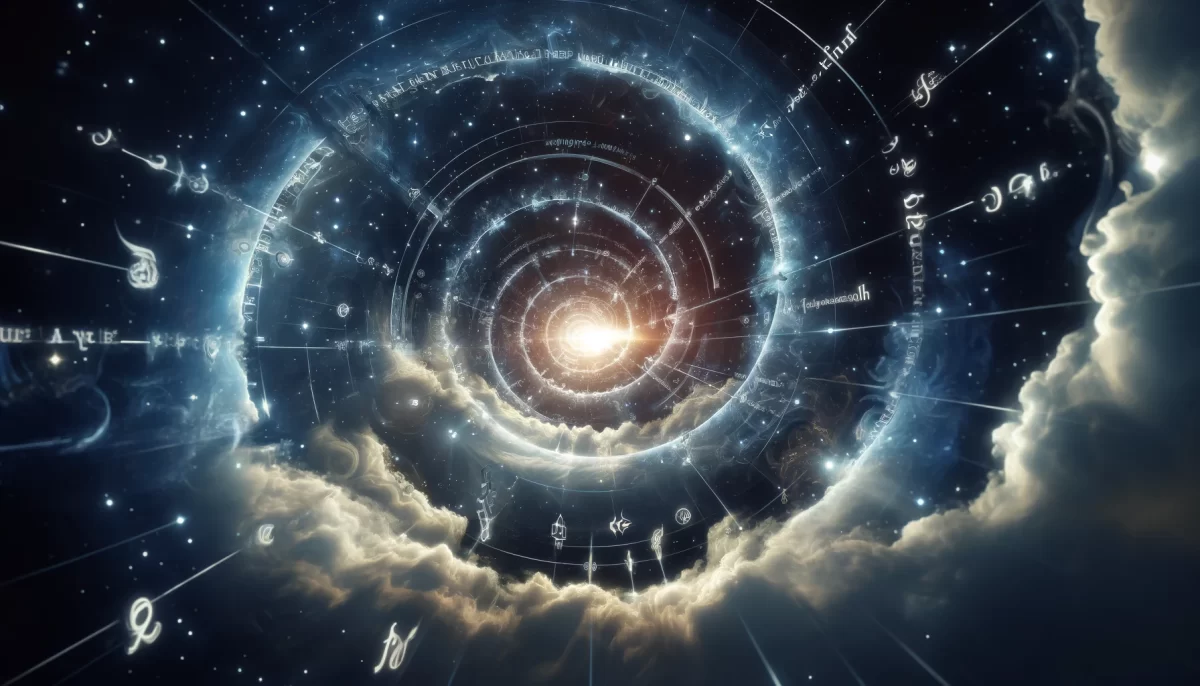


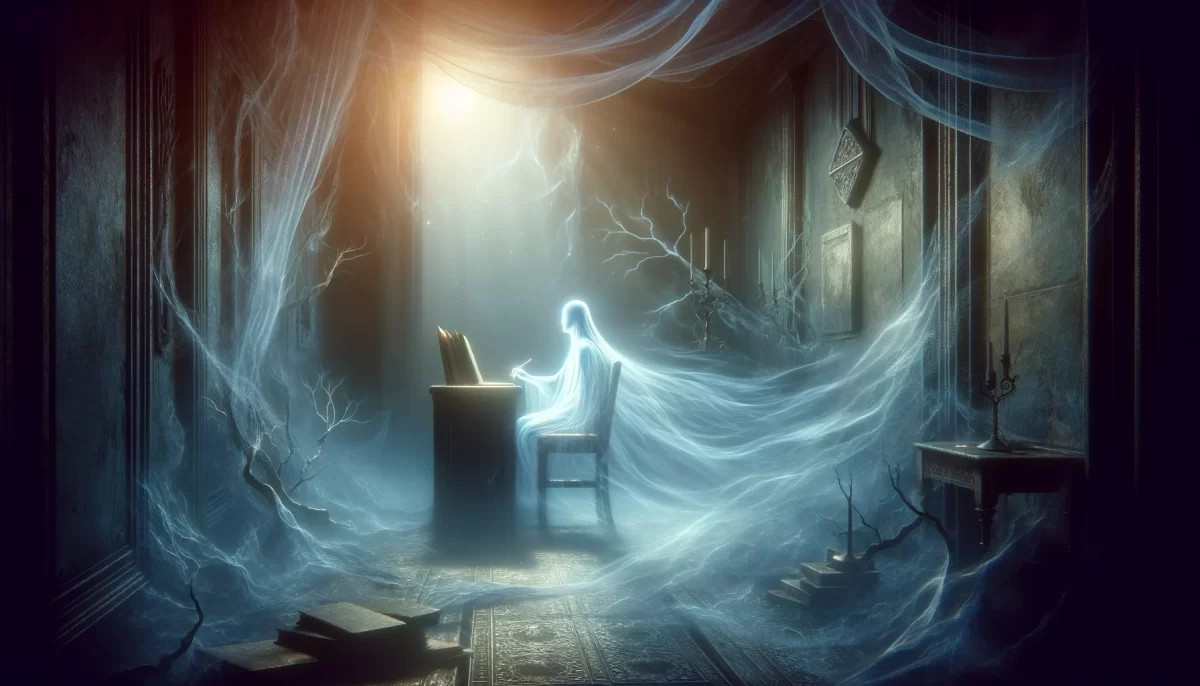
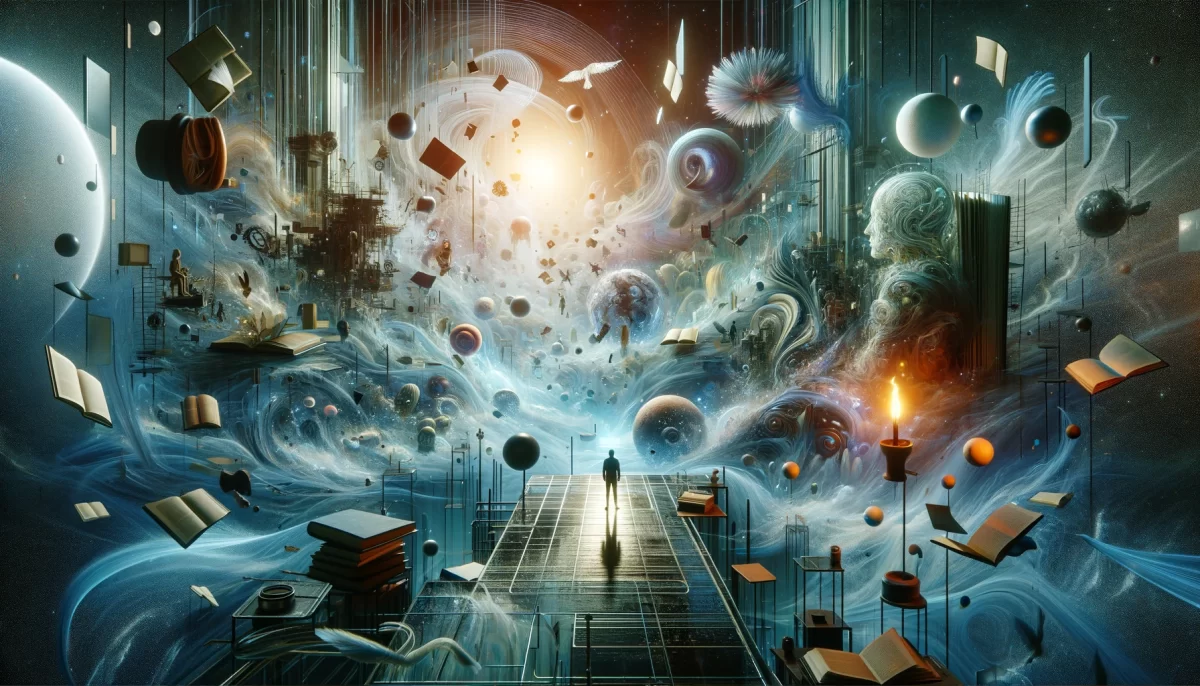

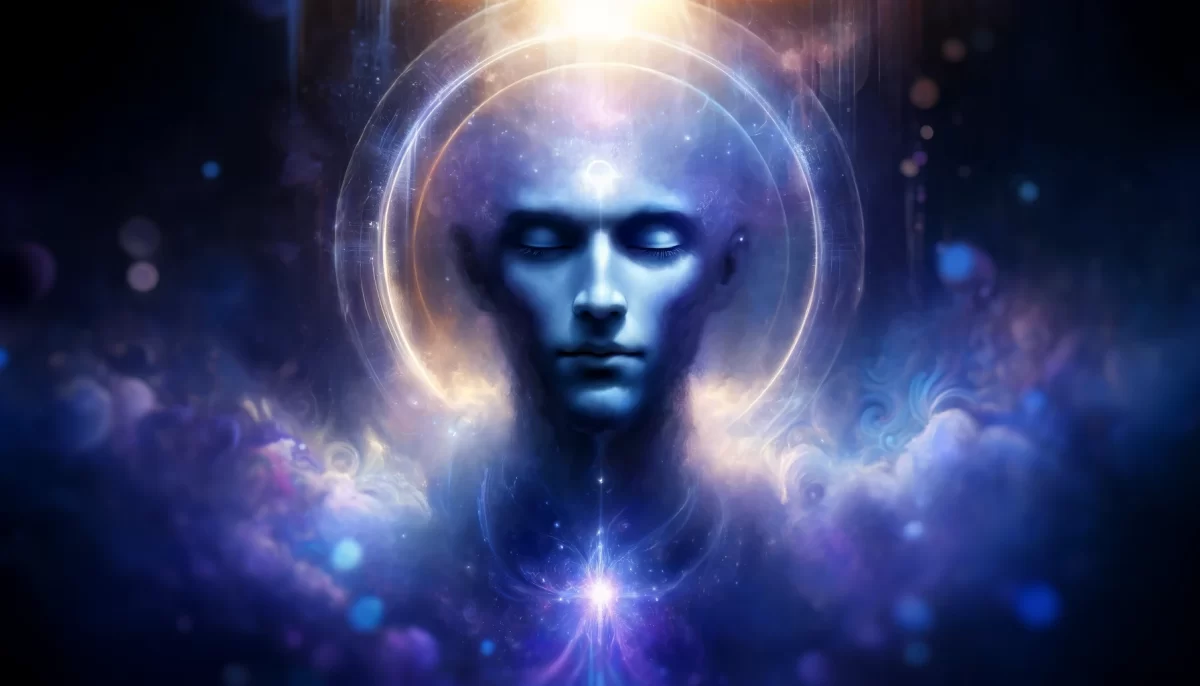
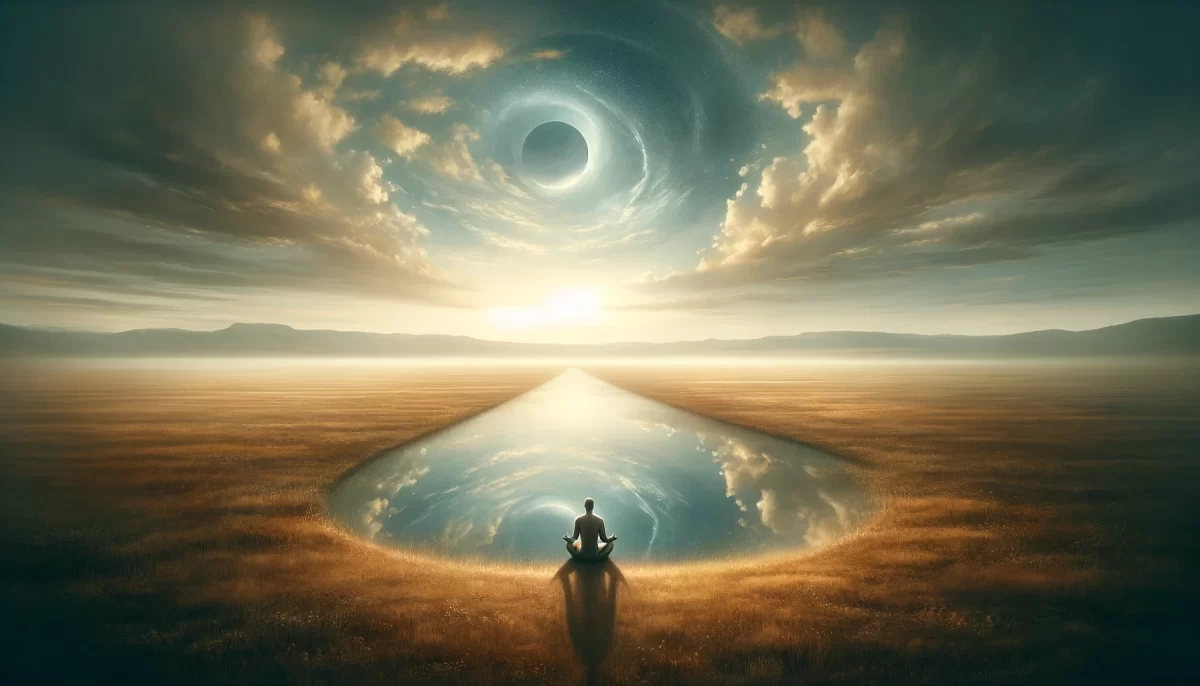
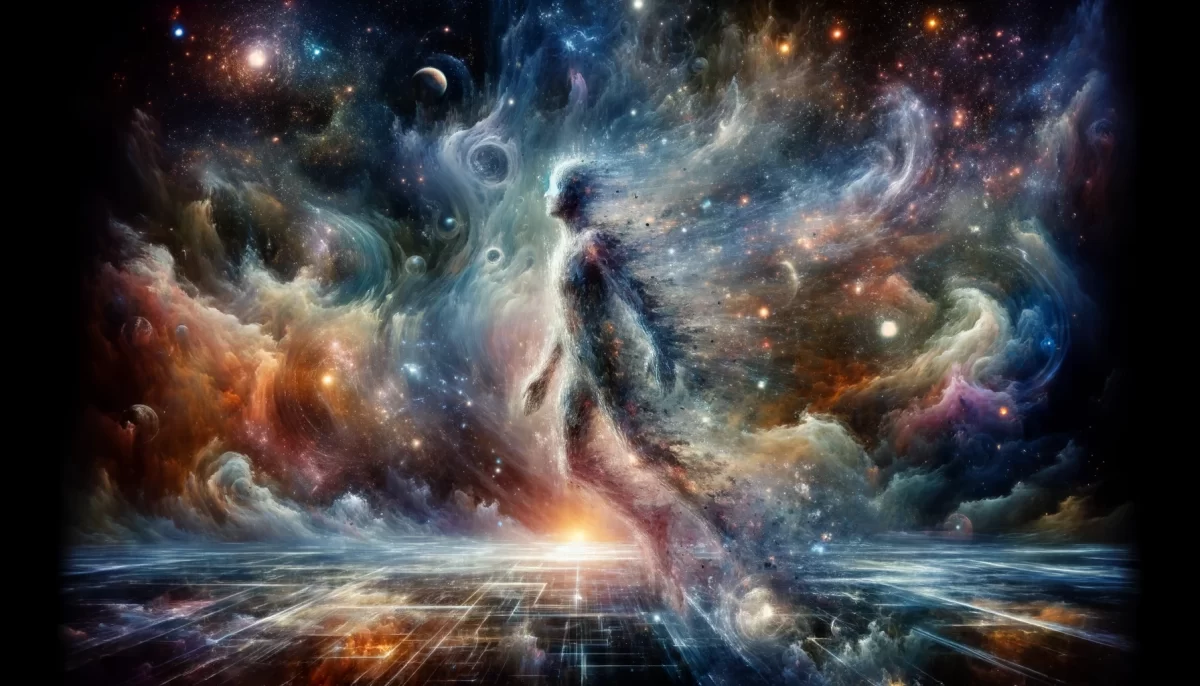
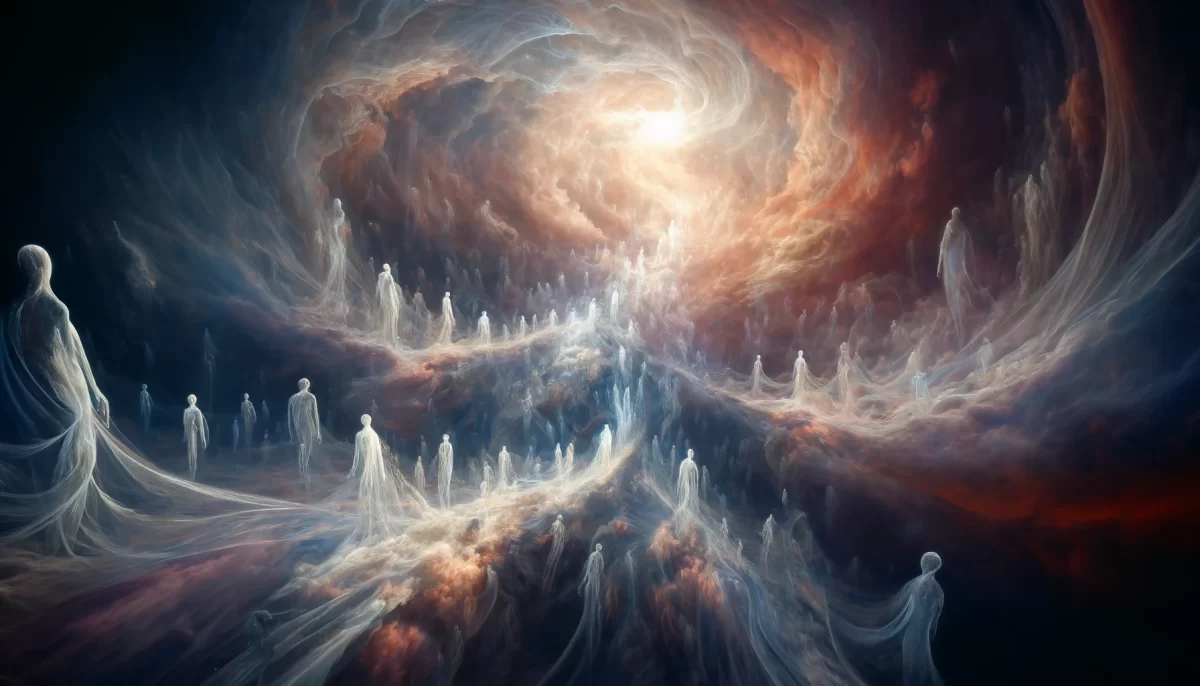
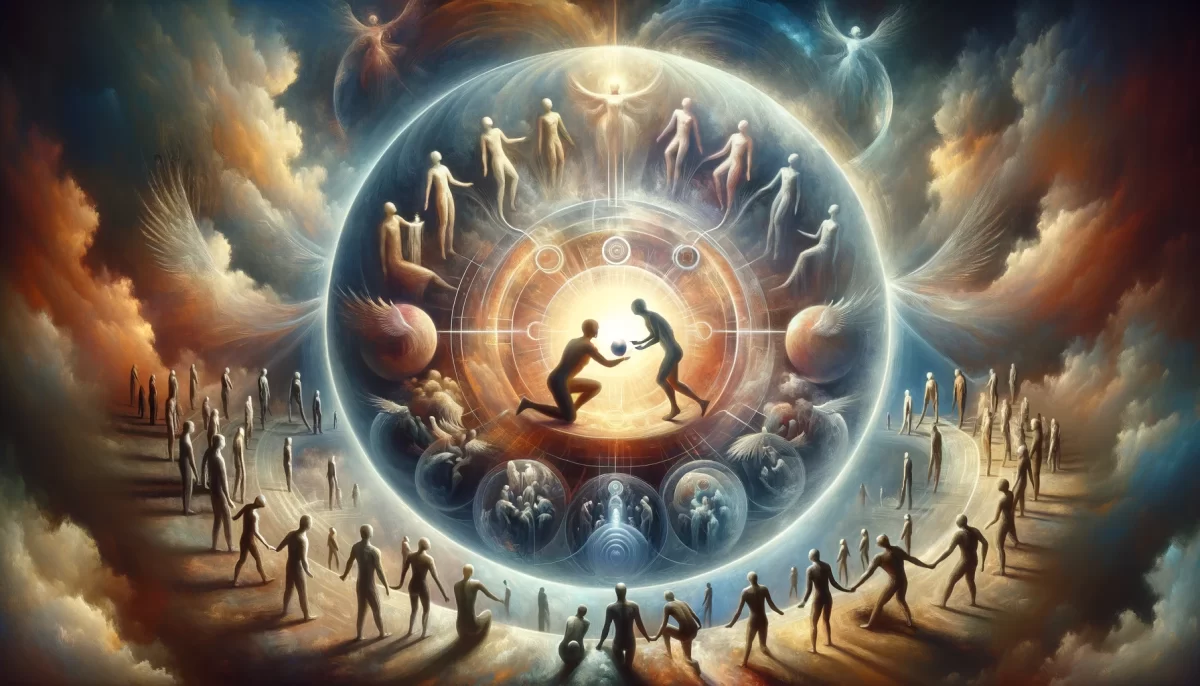

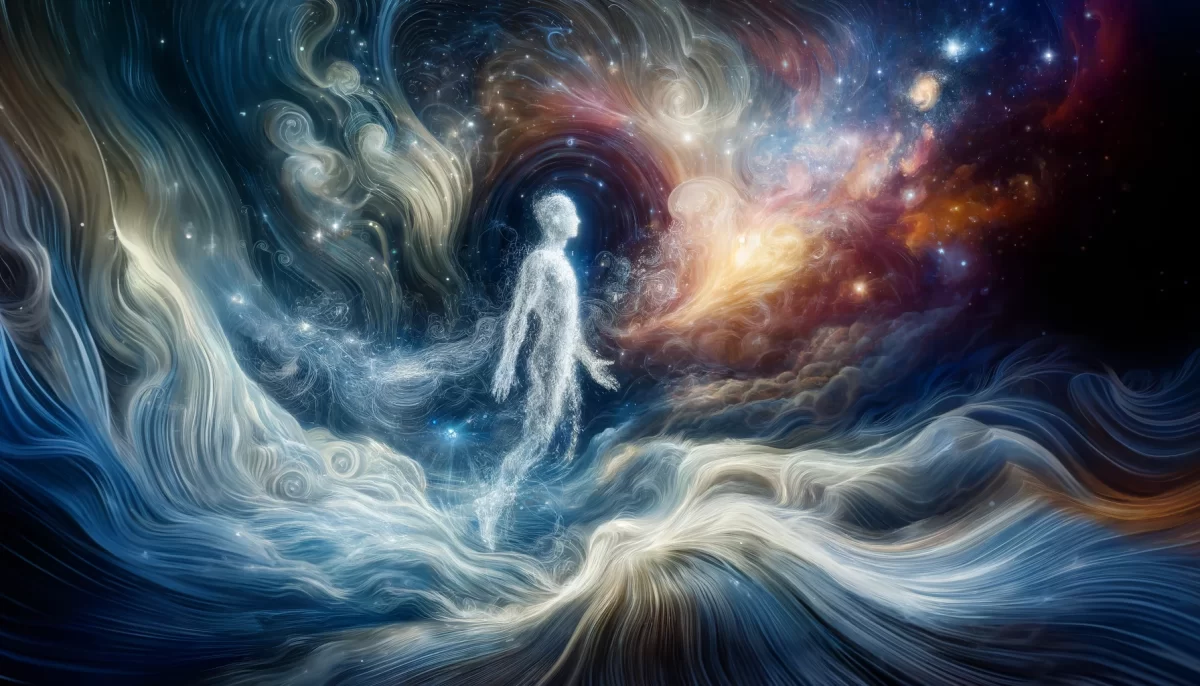
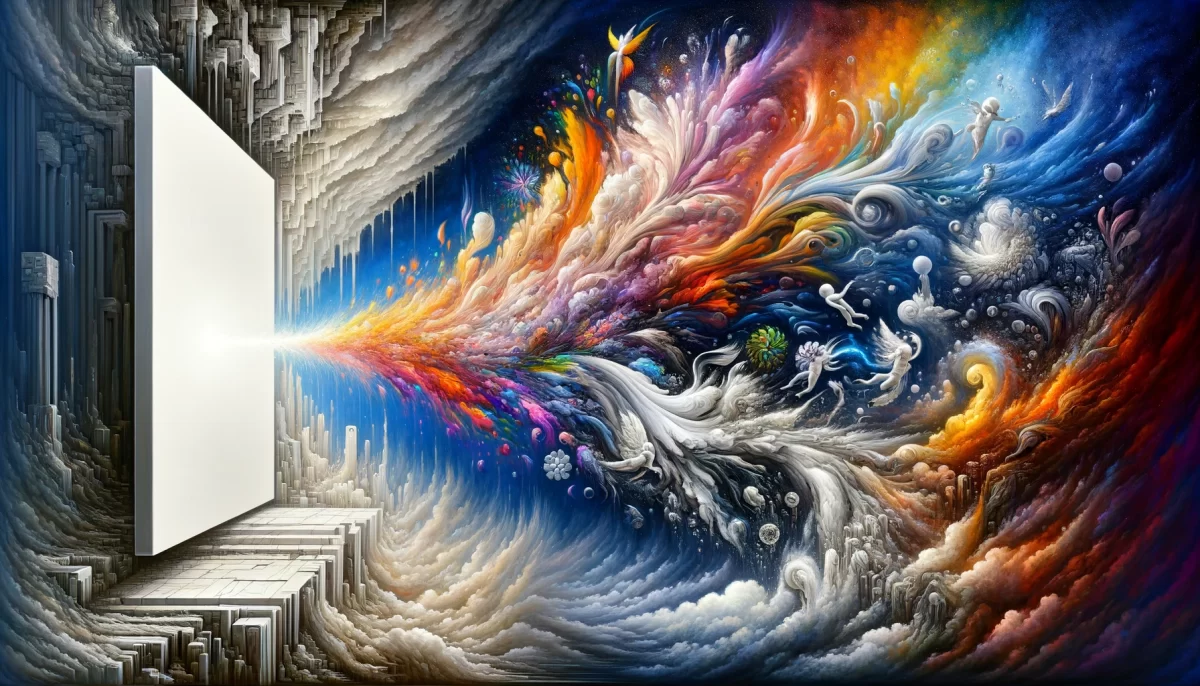
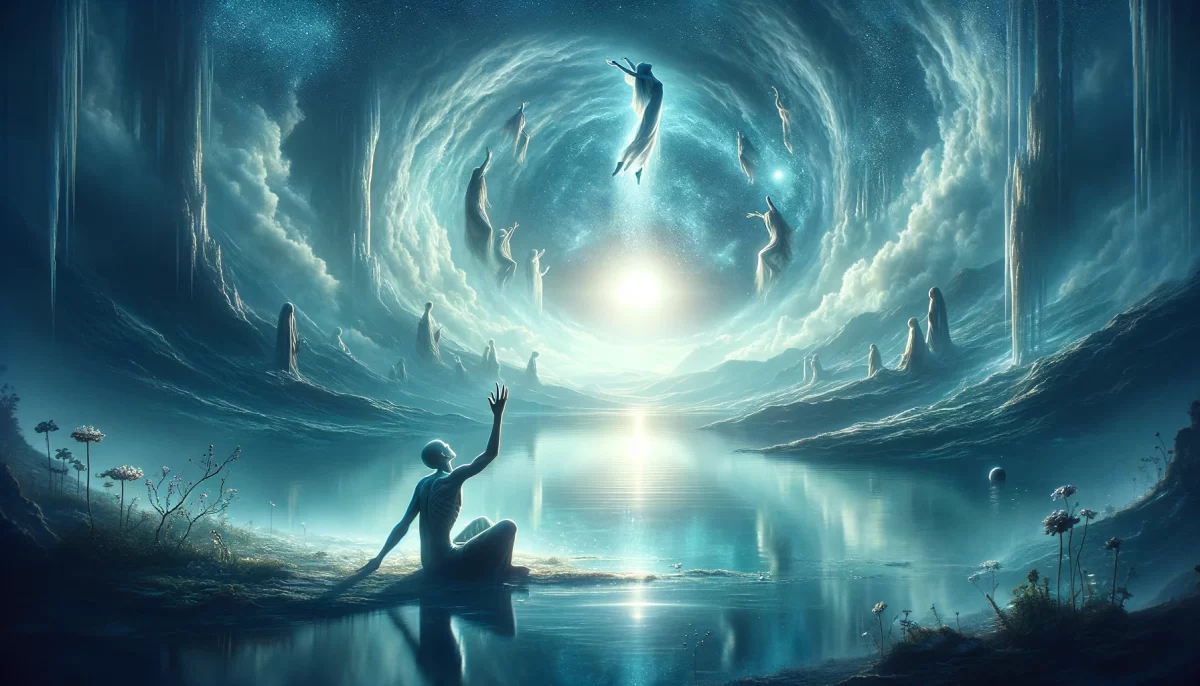

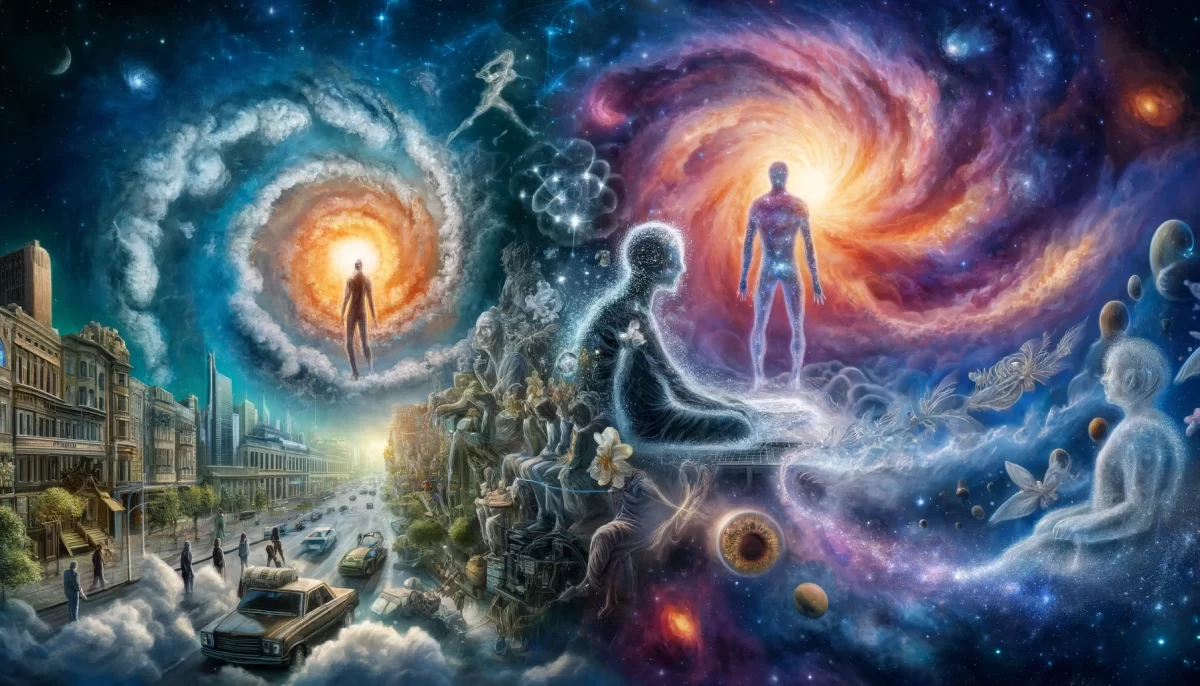

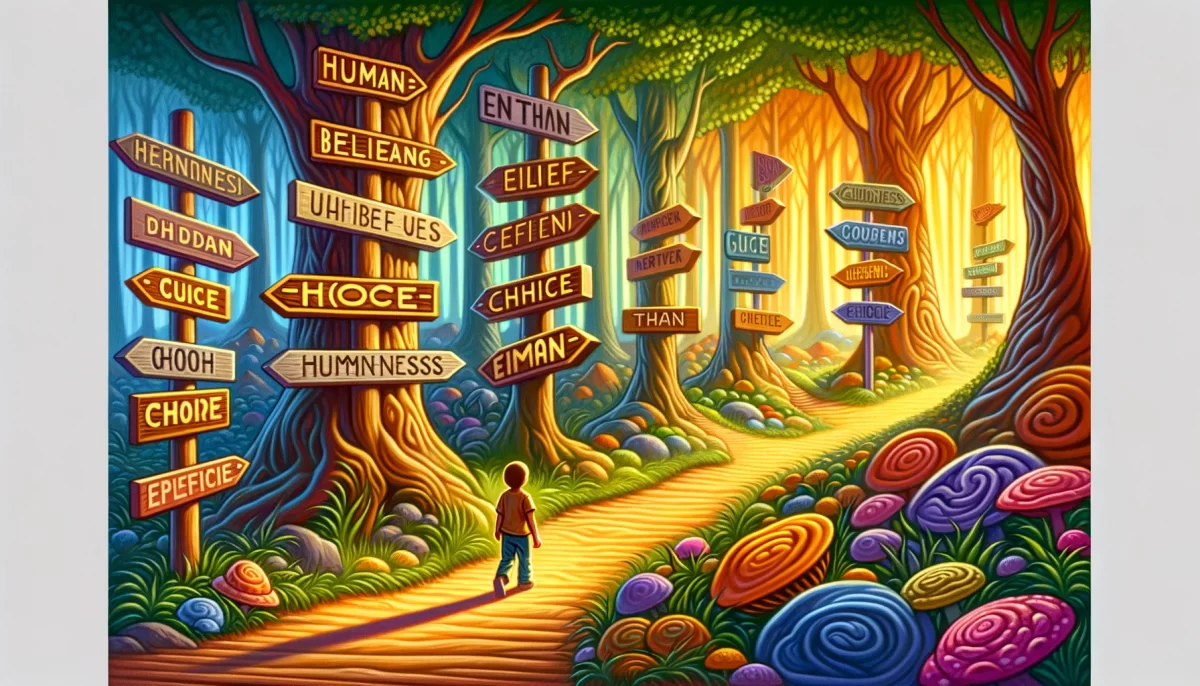
Leave a Reply